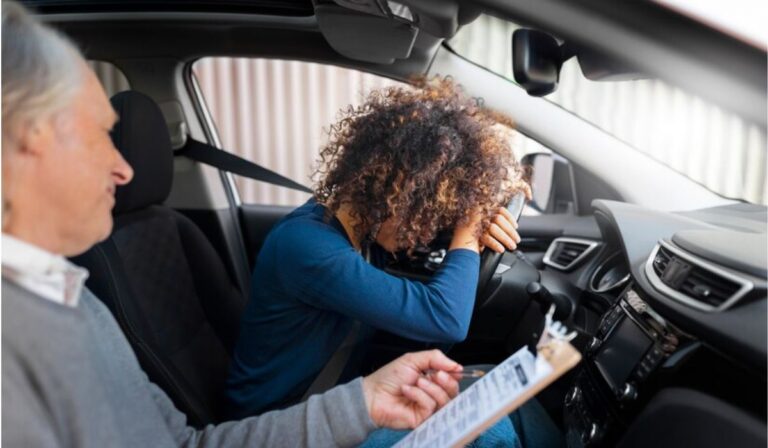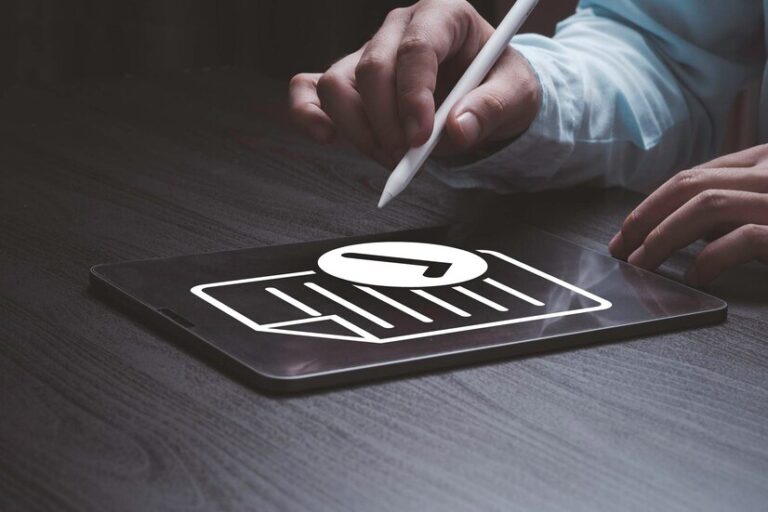How to Handle a DUI Charge Involving a Refusal
Facing a DUI charge involving a refusal can be overwhelming and confusing. When you refuse a breathalyzer or chemical test, the legal consequences can be severe, and understanding your options is crucial. This guide will walk you through the steps to handle a DUI refusal with confidence and clarity.
From the initial arrest to navigating the legal process, we’ll break down what you need to know to protect your rights and make informed decisions. Stay with us to uncover practical tips and strategies for managing a DUI refusal charge effectively.
Understanding DUI Charges and Refusal
If you’re dealing with a DUI charge involving a refusal, it’s essential to understand the basics. A DUI, or Driving Under the Influence, happens when you drive while impaired by alcohol or drugs. But what happens when you refuse to take a breathalyzer or chemical test? Let’s break it down.
A DUI charge means you were caught driving while your ability is impaired. This could be from drinking alcohol, using drugs, or a combination of both. When an officer suspects you’re under the influence, they might ask you to take a test to measure your blood alcohol content (BAC) or other substances.
What Happens When You Refuse a Test?
If you refuse to take the test, it doesn’t mean you’re off the hook. In many states, refusing a test can lead to automatic penalties. These penalties might include a driver’s license suspension, fines, or even jail time, depending on the laws where you live.
Why Refusal Matters
Refusing a test can sometimes be seen as a way to avoid a DUI charge, but it can actually lead to more severe consequences. Law enforcement often views refusal as a sign of guilt. Understanding these aspects can help you make better decisions if you’re ever in this situation.
Immediate Steps After a DUI Refusal
After a DUI refusal in Ontario, it’s crucial to take immediate steps to handle the situation properly. The choices you make right after the refusal can significantly impact the outcome of your case. Here’s what you need to do next to manage a DUI Ontario charge effectively.
Stay Calm and Cooperate
First things first: stay calm. It’s natural to feel stressed, but keeping a level head is important. Cooperate with law enforcement during your arrest. Being respectful and following instructions can prevent additional charges and complications.
Document the Incident
Once you’re in a safe place, write down everything you remember about the arrest. Note the time, place, and any interactions with the officers. This information can be valuable for your defense later on. If you can, take photos of any relevant details, like your vehicle or the area where you were stopped.
Contact a DUI Attorney
The next crucial step is to contact a DUI attorney. A lawyer who specializes in DUI cases can guide you through the legal process and help protect your rights. They will be able to explain your options, discuss potential defenses, and represent you in court.
Taking these steps right after a DUI refusal can set you up for a stronger defense. Remember, acting quickly and seeking professional help is key to managing the situation effectively.
Understanding the Legal Implications
When it comes to a DUI refusal, understanding the legal implications is crucial. Refusing to take a breathalyzer or chemical test can lead to serious consequences, so let’s break down what you might face.
Administrative Penalties
One of the first things that happens after a DUI refusal is the administrative penalties. Many states automatically suspend your driver’s license if you refuse to take a test. This suspension can range from several months to a year, depending on your state’s laws. Sometimes, you may be able to request a hearing to challenge the suspension, but acting quickly is essential.
Criminal Penalties
On top of administrative penalties, you could also face criminal charges. In some places, refusing a test is treated as a separate offense and can lead to fines or even jail time. These penalties can be severe and may depend on your previous driving record and the specifics of your case.

State-Specific Laws
Keep in mind that DUI refusal laws can vary widely from state to state. What might be a serious penalty in one state could be handled differently in another. It’s important to know the specific laws in your area and consult with a local attorney who can guide you through the legal maze.
Legal Strategies and Defenses
When you face a DUI charge involving a refusal, knowing the right legal strategies and defenses can make a big difference. With the right approach, you might be able to reduce the penalties or even get the charges dismissed. Here’s how you can build a strong defense.
Challenge the Stop
One key strategy is to challenge the legality of the initial traffic stop. Your lawyer might argue that the police did not have a valid reason to pull you over in the first place. If the stop was not lawful, it could lead to the dismissal of the evidence against you.
Question the Refusal
Another defense involves questioning the refusal itself. Sometimes, people refuse to take a test because of misunderstandings or medical conditions. For instance, if you have a condition that affects your ability to give a breath sample, your lawyer can present medical evidence to support your case.
Negotiate with Prosecutors
Often, negotiating with prosecutors can be an effective strategy. Your attorney might be able to work out a plea deal that reduces the charges or penalties. This could mean lesser fines, shorter license suspensions, or reduced jail time.

Navigating the Legal Process
Navigating the legal process after a DUI refusal can seem overwhelming, but knowing what to expect can make things easier. Here’s a clear guide to help you understand the steps involved and how to handle them effectively.
Court Hearings
Once you’re charged with a DUI refusal, you’ll need to attend court hearings. The first hearing is usually an arraignment, where you’ll be formally charged and asked to enter a plea. It’s essential to attend all scheduled hearings and follow your lawyer’s advice.
Preparing for Trial
If your case goes to trial, preparation is key. Your attorney will gather evidence, interview witnesses, and develop a strategy for your defense. You might also be required to testify, so be ready to discuss the details of your case clearly and honestly.
Possible Outcomes
There are several potential outcomes in a DUI refusal case. You could be found guilty, which might result in fines, license suspension, or jail time. Alternatively, you could be found not guilty or have the charges reduced. Your lawyer will work to achieve the best possible outcome based on the evidence and circumstances of your case.
Long-Term Consequences and Recovery
Dealing with a DUI refusal can have lasting effects on your life, but understanding these long-term consequences and focusing on recovery can help you move forward. Here’s what you need to know about the impact of a DUI refusal and how to get back on track.

Impact on Insurance Rates
One significant long-term consequence of a DUI refusal is the impact on your car insurance. Insurance companies often raise premiums for drivers with DUI charges or refusals. This increase can be substantial, so it’s essential to shop around for the best rates and consider switching insurers if needed.
Employment Concerns
A DUI refusal can also affect your job, especially if you drive as part of your work or if your employer conducts background checks. Some jobs might be at risk, or you might face challenges in finding new employment. It’s a good idea to be upfront with your employer and seek advice on managing this situation.
Rehabilitation and Moving Forward
Recovering from a DUI refusal involves more than just legal and financial recovery. It’s important to focus on personal growth and rehabilitation. Completing any court-ordered programs, such as alcohol education classes, can show your commitment to change and help rebuild your reputation.
FAQs
- What happens if I refuse to take a breathalyzer test?
Refusing a breathalyzer test often leads to immediate penalties, such as the suspension of your driver’s license. In many states, refusing a test is treated as a separate offense and can result in fines or even jail time, in addition to facing a DUI charge.
- Can I refuse a breathalyzer test legally?
While you do have the right to refuse a breathalyzer test, doing so can have severe legal consequences. Most states have “implied consent” laws, meaning that by driving, you agree to take a test if requested by law enforcement. Refusing can lead to automatic license suspension and other penalties.
- How long will my driver’s license be suspended if I refuse a test?
The length of a driver’s license suspension for refusing a test varies by state. It can range from several months to a year or more. Some states also allow for a hearing to contest the suspension, but you typically need to request it quickly.
- What should I do immediately after a DUI refusal?
After a DUI refusal, stay calm and cooperate with law enforcement. Document the details of the incident and contact a DUI attorney as soon as possible. Your lawyer can guide you through the legal process and help you understand your options.
Conclusion
Handling a DUI charge involving a refusal can feel like a tough battle, but knowing your rights and options makes all the difference. By staying informed and seeking the right legal help, you can navigate this challenging situation with greater ease and protect your future.







